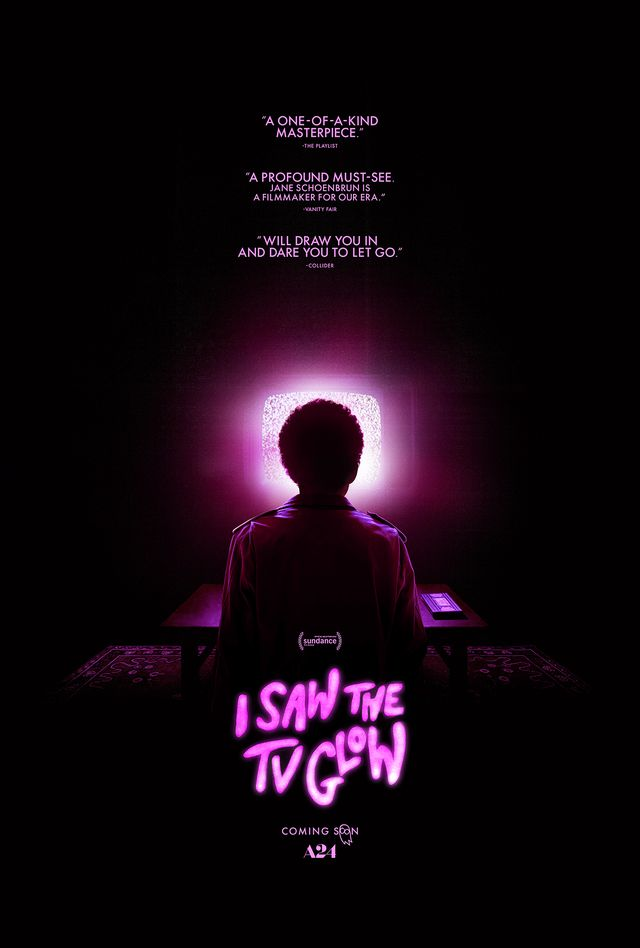Following the cancellation of two complete films by Warner Bros, film connoisseurs are pushing back against the corporatization of the industry.
The People vs. Warner Bros. Discovery: Students Reflect on ‘Exploiting’ Film Studio

Behind every movie stands hundreds of creatives willing a project to life. But what happens when works are discarded at the hands of media conglomerates?
For some Loyola film connoisseurs, the industry has become one plagued by corporate greed. But now, the film community is starting to push back — their target being Warner Bros. Discovery CEO David Zaslav.
Zaslav became the CEO of Discovery in November 2007, transforming the company into a global media powerhouse after it had been struggling financially for years, according to The New York Times. Following the 2022 Warner Bros. and Discovery merger, over 30 films and TV shows were quietly removed from the streaming service Max, according to CNBC. More recently, the company canceled two fully-filmed movies — “Batgirl” and “Scoob! Holiday Haunt,” with “Coyote vs. Acme” seemingly next, according to Deadline.
Although the film’s fate is unresolved, on Feb. 23 Warner Bros. Discovery recorded $115 million in tax write-downs for undisclosed projects, potentially including “Coyote vs. Acme,” according to The Hollywood Reporter. Unlike write-offs, which negate an asset entirely of its value, write-downs reduce the value of an asset to reflect its current market value. This allows Warner Bros. Discovery to reduce the impact of underperforming projects.
Brian Cagle, an adjunct film professor at Loyola, said the trend “sets a bad precedent” for other studios and diminishes the art of filmmaking.
“It really suggests that it’s just no different than any other commodity, like a T-shirt or a can of soup or anything like that,” Cagle said. “None of it comes together without the work of a multitude of people and to dismiss that as something disposable or easily replaceable is not just offensive, but it’s incorrect.”
When deleting media, executives are primarily motivated by financial factors, according to Cagle. Removing programs from Max eliminates the need to pay residuals, which have increased since the SAG-AFTRA strikes in 2023. Additionally, shelving films like “Coyote vs. Acme” rewards the studio with a substantial amount in tax write-offs, according to Variety.
“His whole focus is getting rid of debt by throwing properties and whole films into the garbage,” Cagle said. “That’s exactly what he’s doing, and he’s successful at it. So even though he’s one of the most hated men in the entertainment world, his board of directors and his bosses are probably quite happy, unfortunately.”
Luna Alvarez, president of Loyola’s Comic Book Club, said these cancellations could be targeting specific demographics.
“Those are the projects that do often have more people of color or people of alternate gender and sexual identities behind the scenes,” Alvarez said. “Not only are those people not seeing credit for their work, even if they’re seeing compensation for what they have done, it’s one of those things where it’s another layer where voices are not being heard.”
Doug Murphy, co-vice president of Loyola’s Comic Book Club, said Zaslav’s drive to remove debt isn’t justification for deleting films.
“I can kind of understand where he’s coming from — he needs to eliminate debt — but these were basically completed movies,” Murphy said.
First-year Nat Kath, a biology major and film enthusiast, said the decision was “suspicious” and questioned if there was a real intention to sell the project after Warner Bros. Discovery announced they were taking offers, according to Variety.
“From the sounds of it, if they weren’t even willing to negotiate, they probably weren’t even wanting to sell it in the first place,” Kath said. “It’s kinda like an, ‘Oh, we’ll sell this at a high price, and if somebody buys it, then great. If they don’t, we’ll just write it off.’”
Skepticism from fans coincided with the efforts of Texas Congressman Joaquin Castro, who called for a federal investigation of the studio Feb. 9. Castro described the studio’s tactics as “predatory” and “anti-worker,” defending the crew members responsible for the projects. Murphy, a biochemistry major, said financial compensation is not enough for the hundreds of hours invested in each project.
“In general, I’m very pro people getting credited and compensated for their work, and I don’t think what Warner Brothers has been doing is enough for these workers,” Murphy said. “Credits on films will get them more jobs in the industry and get them more credits on more films and more compensation for their work.”
Still, even with a potential lawsuit, victory for fans is not guaranteed — or likely, according to Cagle.
“I’m happy to hear that there are some representatives or at least some congressmen who are considering what Warner Brothers is doing as criminal or wrong,” Cagle said. “But I think you’re also dealing with a legislative body and a group of people that don’t know that business or how it works.”
The prospect of a federal investigation worries film lovers like Alvarez, who notes the industry’s background in mistreating employees.
“These companies have a history of exploiting workers, especially in the film industry,” Alvarez said. “If it is there, I want it to be exposed. I hope it’s not there, but I mean if it is exposed, I wouldn’t be shocked.”
Featured image by Bri Guntz / The Phoenix










